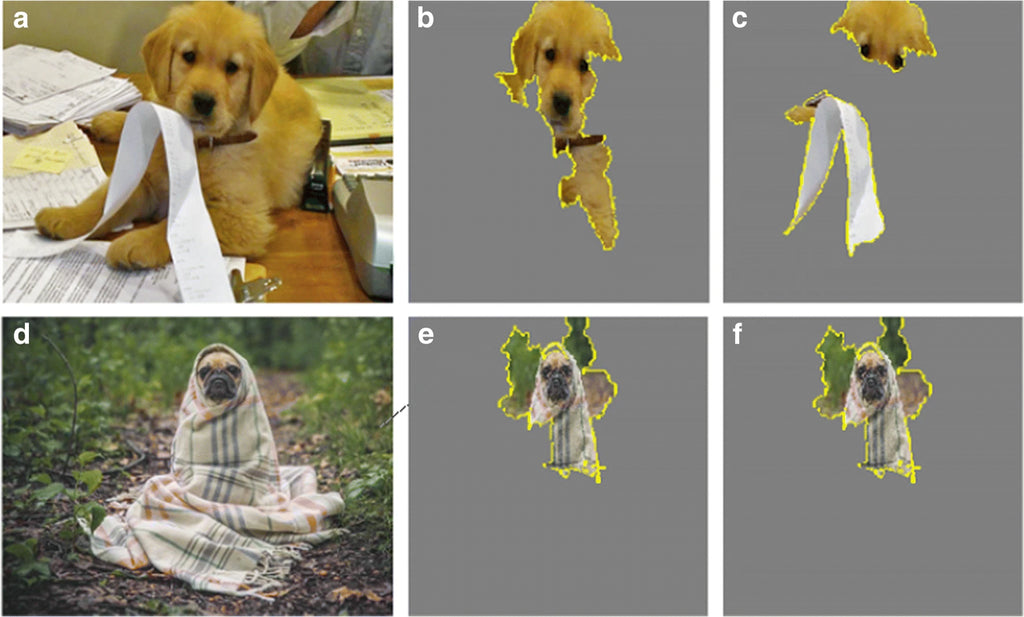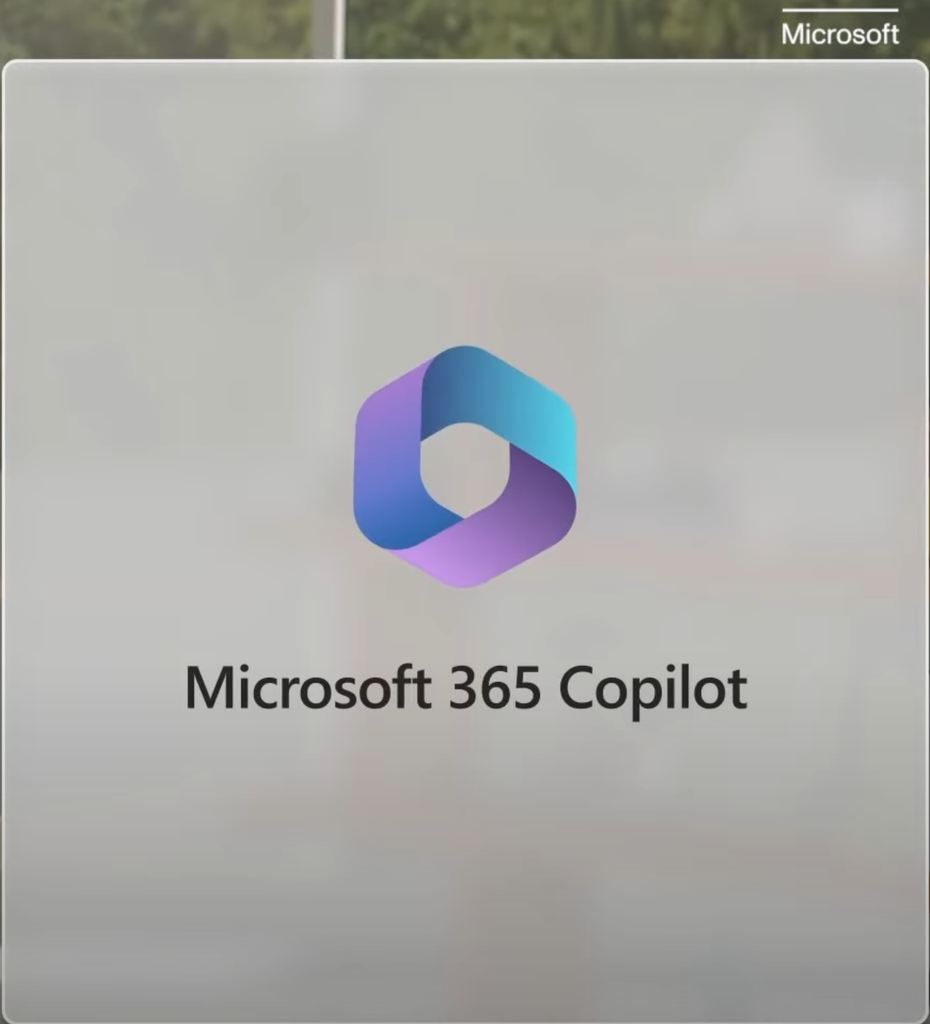Deep Thought RSS
Microsoft spent millions to put together a supercomputer for OpenAI
Nearly five years ago, a little-known company approached Microsoft with a special request to put together computing horsepower to the scale it had never done before. Microsoft then spent millions of dollars in putting together tens of thousands of powerful chips to build a supercomputer. OpenAI used this to train its large language model, GPT, and the rest, as they say, is history. Microsoft is no stranger to building artificial intelligence (AI) models that help users work more efficiently. The automatic spell checker that has helped millions of users is an example of an AI model trained on language. However, OpenAI wasn't...
Artificial cognition: How experimental psychology can help generate explainable artificial intelligence
Abstract Artificial intelligence powered by deep neural networks has reached a level of complexity where it can be difficult or impossible to express how a model makes its decisions. This black-box problem is especially concerning when the model makes decisions with consequences for human well-being. In response, an emerging field called explainable artificial intelligence (XAI) aims to increase the interpretability, fairness, and transparency of machine learning. In this paper, we describe how cognitive psychologists can make contributions to XAI. The human mind is also a black box, and cognitive psychologists have over 150 years of experience modeling it through experimentation....
Theory of Mind Breakthrough: AI Consciousness & Disagreements at OpenAI [GPT 4 Tested]
What does the Theory of Mind breakthrough discovered in GPT 4 mean for the future of our interactions with language models? How might this complicate our ability to test for AI consciousness? I show the weaknesses of a range of tests of consciousness, and how GPT 4 passes them. I then show how tests like these, and other developments, have led to a difference of opinion at the top of OpenAI on the question of sentience. I bring numerous academic papers and David Chalmers, an eminent thinker on the hard problem of consciousness, and touch on ARC post yesterday on...
Microsoft 365’s AI-powered Copilot is like an omniscient version of Clippy
Each of the former Office apps will get AI-assisted automation features Today Microsoft took the wraps off of Microsoft 365 Copilot, its rumored effort to build automated AI-powered content-generation features into all of the Microsoft 365 apps. The capabilities Microsoft demonstrated make Copilot seem like a juiced-up version of Clippy, the oft-parodied and arguably beloved assistant from older versions of Microsoft Office. Copilot can automatically generate Outlook emails, Word documents, and PowerPoint decks, can automate data analysis in Excel, and can pull relevant points from the transcript of a Microsoft Teams meeting, among other features. Microsoft is currently testing Copilot "with 20 customers, including eight in Fortune...
Microsoft's AI Future of Work Event: Everything Revealed in 8 Minutes
Microsoft's AI Future of Work Event: Everything Revealed in 8 Minutes #Copilot
Tags
- All
- Agentic AI
- AGI
- AI
- AI Art
- AI Ethics
- AI Girlfriends
- AI Models
- AI Risk
- ai tools
- Alan D. Thompson
- Alexandr Wang
- Andrew Huberman
- Andrew Ng
- Artificial Cognition
- Aurora Supercomputer
- Authenticity
- Autism Spectrum
- AutoGPT
- Aza Raskin
- Azure Open AI
- Azure OpenAI Service
- Bias Compensation
- Bias Therapy
- Brian Roemmele
- Chain-of-Thought Prompting
- ChatGPT
- Christopher Rufo
- climate change
- Cognition Enhancement
- Cognitive Bias
- Cognitive Content
- Cognitive Performance
- Collective Intelligence
- Collective Stupidity
- Communication
- Consciousness
- Cosmology
- Critical Race Theory
- Daniel Dennett
- Daniel Schmachtenberger
- David Shapiro
- Deep Thought
- Dennis Prager
- Digital Minds
- Digital Thoughts
- Diversity
- Dojo
- Douglas Murray
- Elon Musk
- Emad Mostaque
- Equity
- Eric Weinstein
- Ethical Community Development
- Ethics
- Everyman
- Exponential Enterprise
- Fei-Fei Li
- Foresight
- Fred Lerdahl
- Frontiers Forum
- Futurecrafting
- Futurework
- Gary Marcus
- Gemini
- Gender
- Gender Pronouns
- Generative AI
- Generative Theory of Tonal Music (GTTM)
- Geoffrey Hinton
- Geoffrey Miller
- Glenn Loury
- Governance
- GPGICs
- GPT-4
- GPT-5
- Higher Education
- Human Potential
- Humanities
- Identity
- Ilya Sutskever
- Implicit Association Tests
- Intel
- Intelligence
- James Lindsay
- Joe Rogan
- Jordan B Peterson
- Jungian Archetypes
- Konstantin Kisin
- Language
- Lex Fridman
- Libra
- Life Coaching
- Liv Boeree
- Male Loneliness
- Marcus Aurelius
- Marcus T. Anthony
- Matt Walsh
- Matthew Berman
- Max Tegmark
- MemoryGPT
- Mental Health
- metabotropic receptors (MRs)
- Metacrisis
- Michio Kaku
- Microsoft AI
- Microsoft Copilot
- Microsoft Jarvis
- Microsoft Open AI
- Microsoft Semantic Kernel
- Millennials
- Mind Reading
- Minecraft
- Mirella Lapata
- MIT
- MLLM
- Moha Bensofia
- Morality
- Multimodal Large Language Model
- Multiversal Stories
- Music
- Narcissism
- Neurodivergence
- Neuroplasticity
- Neuroscience
- Nvidia
- OpenAI
- optical computers
- Personal Development
- Peter Bannon
- Peter H. Diamandis
- Philosophy
- pinecone
- Psychology
- Ramani Durvasula
- Ray Jackendoff
- Ray Kurzweil
- Reflection
- Reid Hoffman
- Relationships
- Religion
- Richard Haier
- Robotic Process Automation (RPA)
- robotics
- Sabine Hossenfelder
- Sam Altman
- Sam Harris
- Sebastien Bubeck
- semantic search
- Seneca
- Simulation
- Singularity Ready
- Stephen Fry
- String theory
- Stupidity
- Super Alignment
- Superintelligence
- Susan Blackmore
- Synthetic Intelligence
- Synthetic Mind
- Technology
- Terence McKenna
- Tesla
- Tesla AI
- The Hero Archetype
- Theism
- Theory of Mind
- Thomas Sowell
- Thought
- Thought Experiments
- Transactivism
- transcendence
- Translation
- Tree of Thoughts
- Tristan Harris
- Turing Lectures
- Unconscious Bias Training
- Victor Davis Hanson
- Wes Roth
- Will Caster
- Woke Ideologies
- Worker Productivity
- Worker Satisfaction
- Yann LeCun
- Yuval Noah Harari



![Theory of Mind Breakthrough: AI Consciousness & Disagreements at OpenAI [GPT 4 Tested]](http://digitalhabitats.global/cdn/shop/articles/Theory_of_mind_may_have_spontaneously_emerged_from_LLM_1024x1024.png?v=1679250521)

